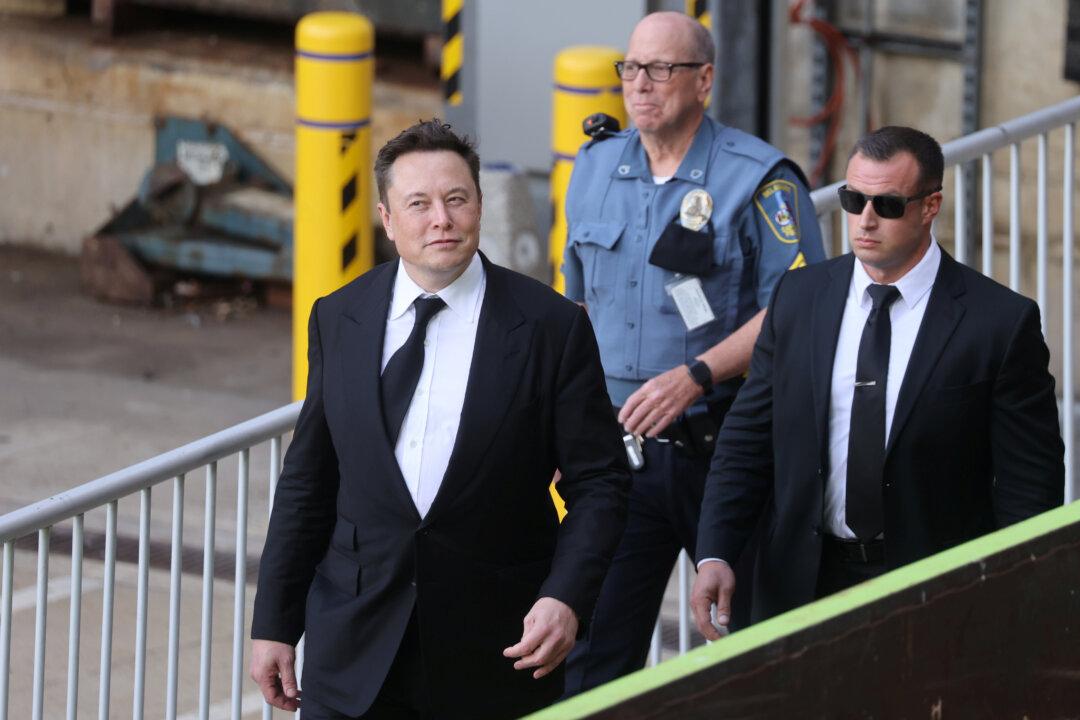A trial court properly found that Tesla Inc. CEO Elon Musk did not push the electric carmaker to overpay for SolarCity in 2016, the Delaware Supreme Court said on Tuesday, ending years of litigation over the $2.6 billion deal.
Musk was the biggest shareholder in both companies at the time, and Tesla shareholders alleged the billionaire pushed the carmaker’s board into the deal to bail out his investment in the struggling rooftop solar company.





